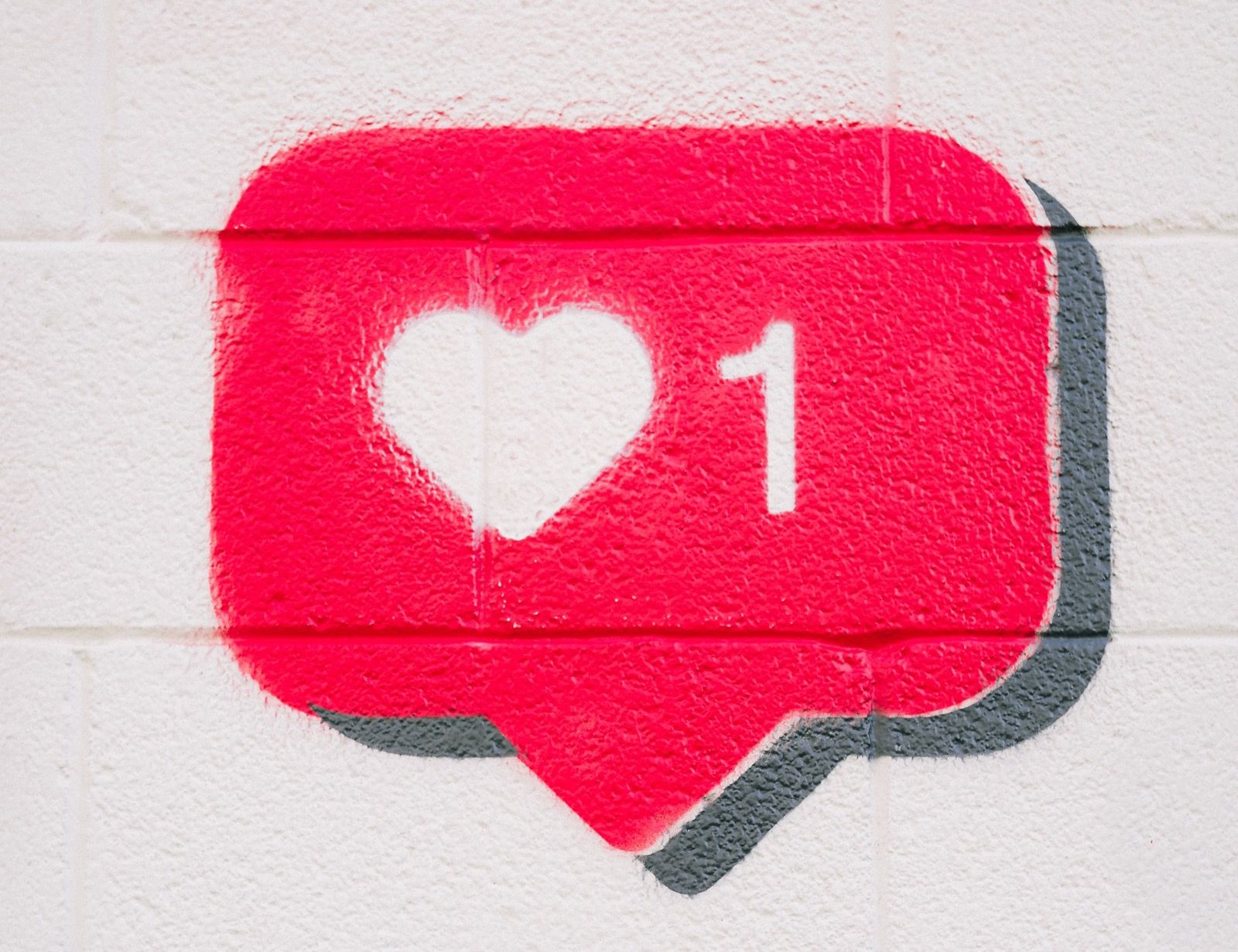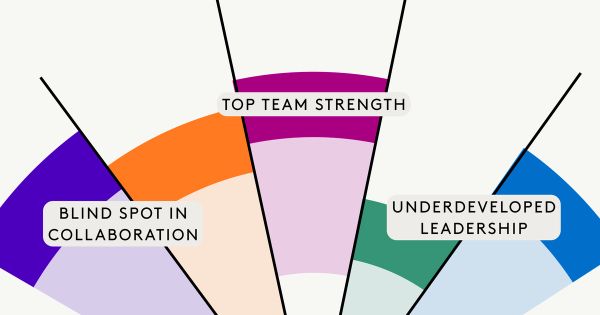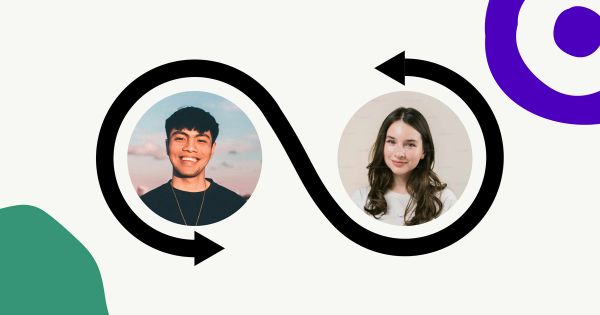Closing the social skills gap

COVID-19 may have been a virus, but the resultant lockdowns have created a social skill and mental wellbeing gap that now needs to be addressed.
The pandemic has brought with it many consequences for the world. While the impact on our health service is going to take a while to calculate, other ripple effects must be recognised and addressed.
For Entelechy, the impact on the education of school-aged children and those in FE, HE and apprenticeships concern us directly. It is not necessarily the loss of skills, which can be easily remedied with increased input, but the gap in social skills and the damage to mental wellbeing.
The gaps that appeared
For years to come, gaps in character development will continue to resonate in our learning environments. Imagine the Year 2 student who missed Reception and Year 1 and all that essential development work, which will hold them back throughout their journey through formal education. Imagine the Year 11 student coming to FE with inflated grades and loss of essential curriculum interventions such as work experience.
More immediately, for ITPs, some learners have been furloughed, losing some of the technical skills already been signed off as complete. And then the slipping of all the behavioural standards and the pressure on interventions in the personal development of young people struggling after social isolation.
Ofsted signalled that they expect to see this gap when they inspect educational organisations. They also firmly noted that there must be interventions in place that close this gap.
The questions raised by this dilemma are twofold:
- What is missing that we need to replace? In other words, what is the gap that needs addressing? And,
- How do we empower the learner to take control of addressing their own social skills and wellbeing gap?
Entelechy’s answers to these questions
Entelechy puts the learner in the driving seat of our solution. We believe that improving the intangibles of a person’s character can only be achieved by the individual. Therefore, there are 54 unique Character Qualities to choose from, all representing some aspect of an individual that might require growth.
They also need to design their own pathway based on their needs and the learning strategies that work for them. It is especially true where the gaps created by the pandemic are largely unique to the individuals. Therefore, our explore, action, reflect model of learning is the perfect antidote for overcoming life challenges and promoting further growth.
Breaking through this sales pitch, we help people become more resilient, kind, compassionate, and have all the qualities we need to rebound from the pandemic and fulfil our hopes and goals in life.
While it might be tempting to deal with the immediate and obvious loss of skills or the gap in functional skills learning, these are not at the heart of the problem. Instead, when battling with the tricky question about where to start with these dilemmas, we suggest beginning with character, for it is character that will help us address all the consequences of the last two years for ourselves and a community of likeminded people.
You may also like

Summer Break: A Guide for Graduates

